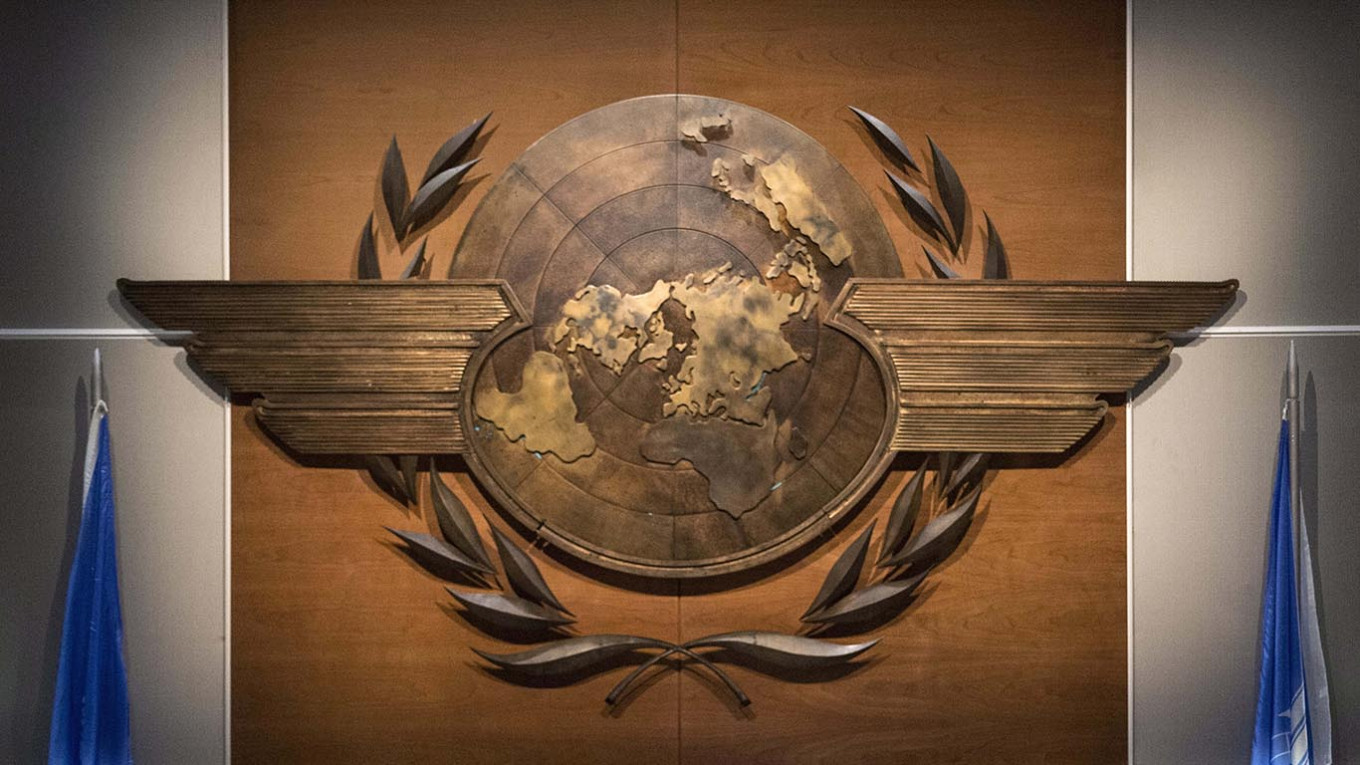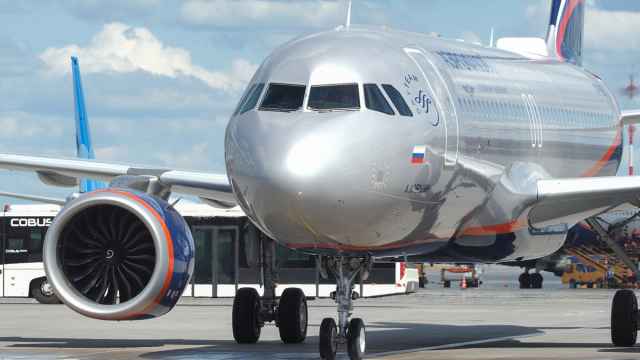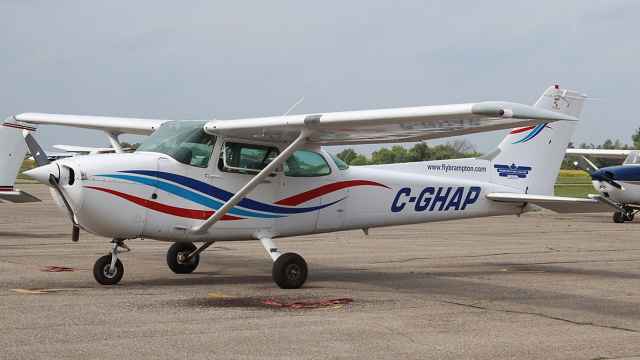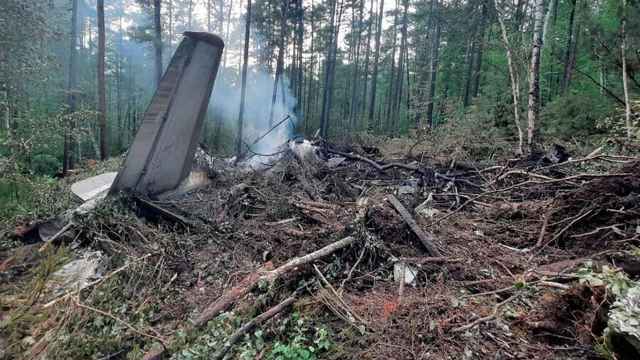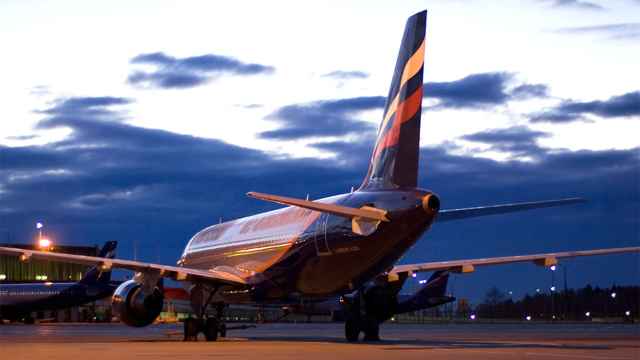Russia has asked the UN’s aviation body to ease sanctions on spare parts and overflights that were imposed over the invasion of Ukraine, Reuters reported Monday, citing documents it had seen and a source familiar with the matter.
In a working paper seen by Reuters, Russia argued to the International Civil Aviation Organization (ICAO) that the sanctions go against global rules.
“Unlawful coercive measures violate the human right to freedom of movement regardless of nationality and citizenship,” the paper said.
Moscow is especially pushing for relief from sanctions on spare parts, which it says are critical for flight safety, a Russian aviation industry source told Reuters.
The proposals form part of working papers prepared by Russia for the ICAO’s triennial assembly, where Moscow is also seeking election to the organization’s 36-member governing council after failing to win enough votes for a seat in 2022 following its full-scale invasion of Ukraine.
The documents also criticize the closure of airspace by 37 countries to Russian airlines, the suspension of airworthiness certificates for Russian-operated aircraft, and bans on technical servicing and insurance.
ICAO, the papers argue, must take “all practical measures to prevent states from applying politically motivated, discriminatory and coercive measures” in global aviation.
Russia’s lobbying comes as the U.S. has partially eased sanctions on Belarus’ state carrier Belavia in exchange for the release of 52 political prisoners.
But Washington, concerned that Boeing spare parts could be funneled into Russia via Belarus — where nine of Belavia’s 16 planes are U.S.-made — barred Belavia from flying its Boeing jets to Russia, occupied Ukrainian territories and countries on the U.S. terrorism sponsors list, including Iran, North Korea, Syria and Cuba. Exempted aircraft are also prohibited from transporting goods subject to U.S. export restrictions.
The restrictions may prove to be symbolic in practice, Elina Ribakova, a fellow at the Bruegel think tank and program director at the Kyiv School of Economics, told Politico.
“There is no way to check what happens in [the] Russia+ customs union of which Belarus is a part,” Ribakova said. “I see Belarus and Russia as fully cooperating states with fully porous borders.”
Western sanctions have cut Russia off from foreign-made aircraft and parts since the invasion of Ukraine, prompting Moscow to block the return of hundreds of leased Boeing and Airbus jets.
Russian airlines, which operate more than 700 Western-made aircraft, now rely on complex parallel import routes to source parts, and the sector has been plagued by breakdowns.
In July, a Soviet-era Antonov An-24 plane crashed in the Far East, killing all 48 people on board.
A Message from The Moscow Times:
Dear readers,
We are facing unprecedented challenges. Russia's Prosecutor General's Office has designated The Moscow Times as an "undesirable" organization, criminalizing our work and putting our staff at risk of prosecution. This follows our earlier unjust labeling as a "foreign agent."
These actions are direct attempts to silence independent journalism in Russia. The authorities claim our work "discredits the decisions of the Russian leadership." We see things differently: we strive to provide accurate, unbiased reporting on Russia.
We, the journalists of The Moscow Times, refuse to be silenced. But to continue our work, we need your help.
Your support, no matter how small, makes a world of difference. If you can, please support us monthly starting from just $2. It's quick to set up, and every contribution makes a significant impact.
By supporting The Moscow Times, you're defending open, independent journalism in the face of repression. Thank you for standing with us.
Remind me later.


